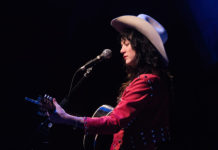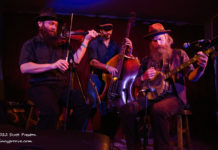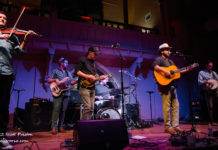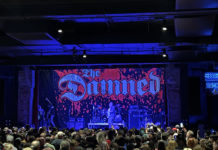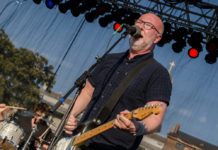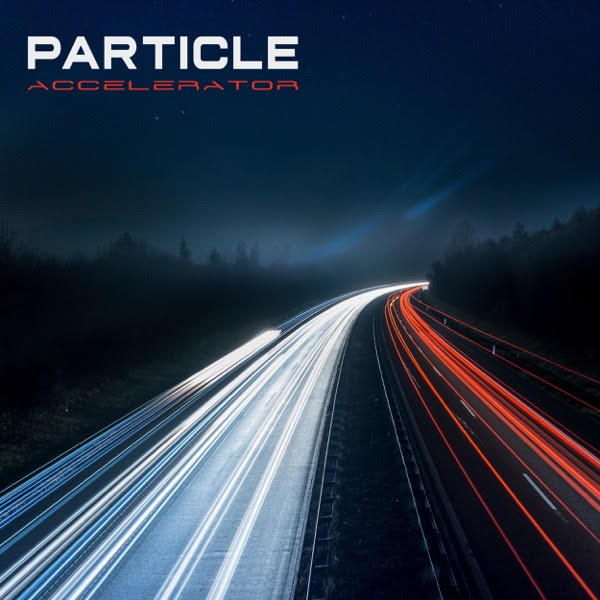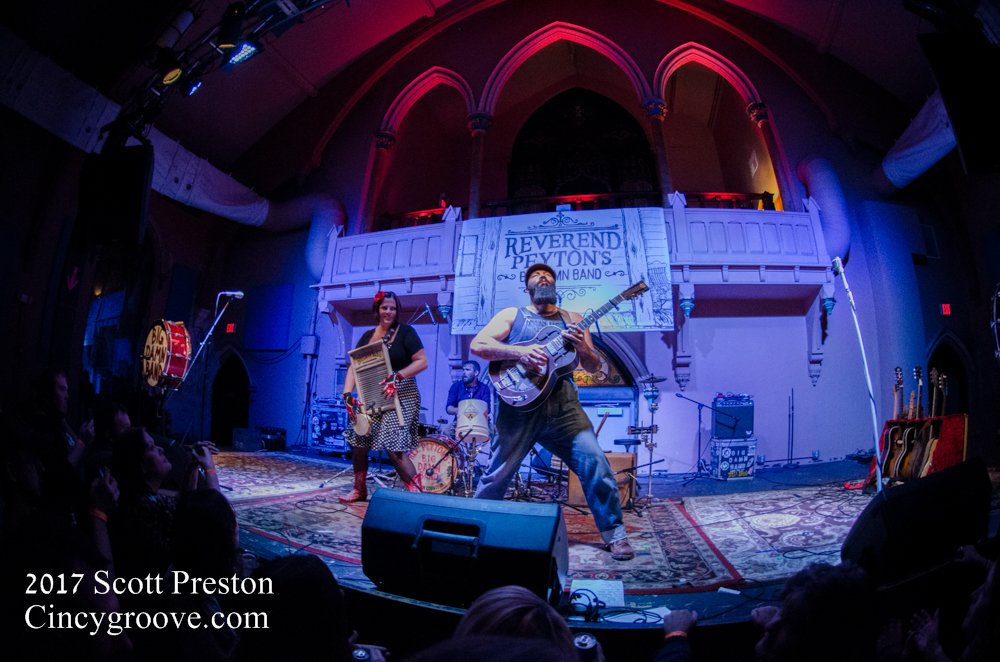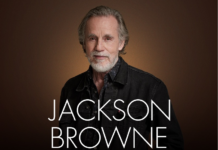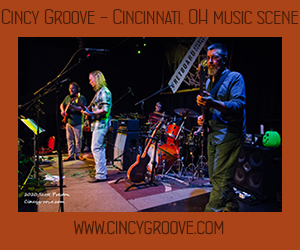Hardly Strictly Bluegrass is thrilled to share the outcome of the first fundraising efforts ever associated with the festival. Let the Music Play On, the broadcast which aired Saturday online and on Circle TV featuring new performances and interviews from over 35 artists, resulted in more than $3 million in relief for the music community in the Bay Area and across the U.S. With the COVID-19 pandemic and economic crisis ongoing, this funding will meet some of the most immediate and critical needs.
The three-hour telecast viewed by over 600,000 fans raised more than $500,000 for Artist Relief, a coalition of national arts grantmakers who have disbursed over $13 million to artists across the U.S. The money raised during Let the Music Play On, along with the initial $1 million donation Hardly Strictly Bluegrass made to Artist Relief, helps to extend their grant program to musicians through the end of the year. Additionally, sales of Hardly Strictly Bluegrass merchandise have generated $25,000 for the Sweet Relief Rex Roadie Fund to help music crewmembers facing economic hardship.
Hardly Strictly Bluegrass is also proud to announce the results of its Hardly Strictly Music Relief Fund, which aims to provide a financial lifeline to Bay Area musicians and venues during a time when other resources are scarce. Launched in August, this effort has provided more than $1.6 million to the local community.
The Fund dedicated $1 million to fifteen venues, all of which have demonstrated a deep commitment to roots music and serve as beloved gathering places in the Bay Area. Grant recipients are: Ashkenaz, The Back Room, Bottom of the Hill, The Chapel, El Rio, Eli’s Mile High Club, Felton Music Hall, Geoffrey’s Inner Circle, The Ivy Room, The Lost Church, Mystic Theatre, The Monkey House, La Peña, Red Poppy Art House, and The Starry Plough. The grants range from $15,000 to $150,000 and will support continued operations during the pandemic, including rent, staff salaries, upgrades related to reopening, and musical performances as each county permits.
“It is critical to support independent music venues at this time because they remain the heart of our local music ecosystem,” says Frances Hellman, one of the directors of the Hellman Foundation, which works to build equity and opportunity, advance knowledge, and foster health, science, the arts, innovation, and creativity while engaging in strategic public-private partnerships such as Hardly Strictly Bluegrass. “Small and mid-size venues like these serve as a critical pipeline for up-and-coming musicians, for staff to learn the business, and also as keepers of our cultural heritage. Every one of these venues holds a special place in their community, and we are glad to be able to pay back their dedication by supporting them now.”
In addition, Bay Area musicians received over $600,000 through Hardly Strictly Bluegrass’ partnership with the Alliance for California Traditional Arts and the Center for Cultural Innovation. Three-hundred and thirty financially vulnerable musicians each received $2,000 for their most urgent needs. Outreach prioritized populations that have suffered historically from economic disadvantages, and therefore have been disproportionately impacted by COVID-19. 62% of funding recipients are Black, Indigenous, Latinx, or other communities of color, 25% are immigrants, and 16% are disabled.
“Participating in this philanthropic partnership has been an opportunity for Alliance for California Traditional Arts to extend a critical resource to a vital segment of the roots-based artist communities we exist to serve,” says Amy Kitchener, Founding Executive Director, Alliance for California Traditional Arts. “It has also confirmed how vulnerable musicians are at this time. We recognize how supporting individual roots musicians is essential to buoy cultural communities towards a post-pandemic future.”
While Hardly Strictly Bluegrass has taken action to fund local establishments, independent music venues across the U.S. face an increasingly dire situation, and continue to struggle through the pandemic with significant overhead and no revenue from concerts. They were the first businesses to close, and will be the last to open, making them one of the sectors hit the hardest by COVID-19, and at the same time federal government relief is not anticipated any time soon. Venues are critical to our local economies as employers, tourist destinations, and revenue generators for neighboring businesses such as restaurants, hotels, and retail. NIVA, the National Independent Venue Association has been championing national solutions by advocating for music venues to be included in any new COVID-19 relief bills passed by Congress.
“Hardly Strictly Bluegrass and its charitable efforts have shown exactly how much communities value the economic and creative contributions of performing arts,“ comments Rev. Moose, Executive Director and Co-Founder of NIVA, “When bands don’t have a stage to perform on, it removes the vast majority of their income. Currently artists and the businesses that host them are in dire situations. NIVA members are locally-owned independent venues and promoters that give artists their first chance to perform, and they help them develop their careers. Without support for the artists that perform at independent venues and with promoters, we risk losing a vital and treasured component of Bay Area neighborhoods, something that can’t be replicated. NIVA, an organization that preserves and nurtures the ecosystem of independent venues and promoters, realizes that without the artists our entire world would be worse off.”
For more information on music relief and how you can donate visit https://www.artistrelief.org/hsb







